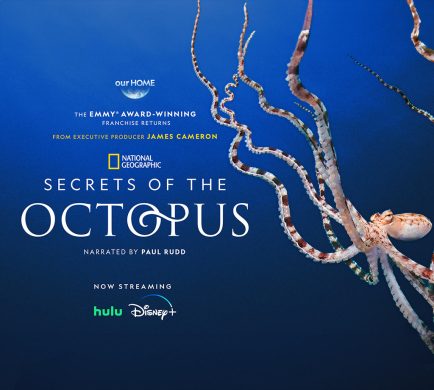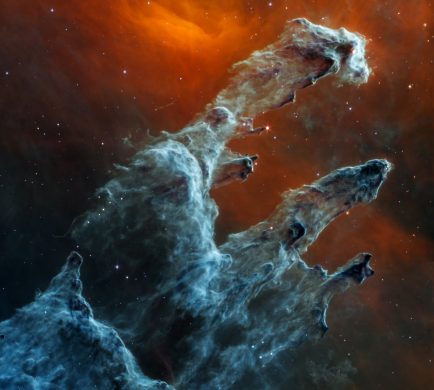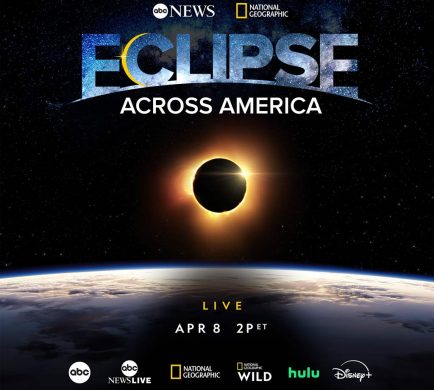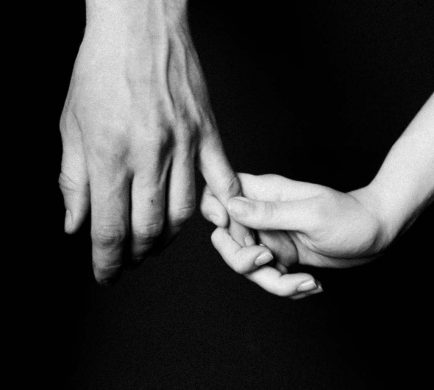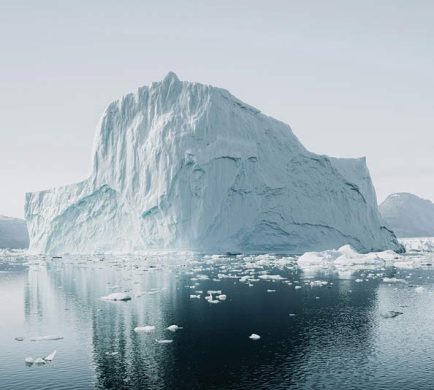An excellent new documentary series will premiere on National Geographic and Disney Plus on Earth Day (April 21st).
It’s called “The Secrets of the Elephants” and is part of the groundbreaking “Secrets of” series directed by James Cameron.
Shot all over the world, from Africa to Asia, with stunning cinematography and the soothing voice of Hollywood Star Natalie Portman, the viewers are taken on a visually and emotionally moving journey to witness up close and personal the lives of these magnificent creatures, the Elephants. Their complex emotions, intuitive connection to one another, and resilience are more similar to a human than we believe, which also makes the mission to prevent their extinction even more relevant.
The Eden Magazine had the rare opportunity to chat over Zoom with Paula Kahumbu, renowned National Geographic explorer and elephant expert, about the experience of seeing this production come to life.
Paula Kahumbi is a wildlife conservationist and the CEO of Wildlife Director. A Princeton alumnus, she has received international recognition for her critical role in creating awareness and mobilizing legal reforms to stop elephant poaching in Kenya.

Thank you for being with us, Dr. Paula. We have been reading about your wanting to have more African filmmakers involved in producing wildlife documentaries. What was it like working on this specific production?
I am very committed to changing the narrative in wildlife filmmaking from this purely Western gaze and creating a whole economy around wildlife filmmaking that involves Africans on this continent. This was a National Geographic Disney production. So they had already selected their crew but understood my views. They did have a Kenyan sound person in the shoots in Africa. In Asia, they had an Asian team as well. So I was pleased that that change was happening.
You are on the board of trustees for National Geographic, the expedition division. What we love about the series is that you show how spiritually evolved these animals are. Having been on other series and having your Show with National Geographic, how was the narrative different from a James Cameron perspective? What were you hoping to accomplish when you were on camera?
When I was invited to present the series, I wanted to bring the excitement, awe, and wonder of elephants. They are such amazing animals; almost nothing can make you feel genuinely immersed in them. But with this series, we got pretty close to that you feel like you’re in the desert with those elephants, or you’re in the forest. I made people feel as excited as I thought when I was out there. It was the most life-changing experience to be able to do this.
The Eden magazine always tries to spread the message through its articles and interviews about preserving the environment and creating awareness about making the world a better place with compassion. Will this series generate awareness of how climate change is even affecting the lives of wildlife today?

Quite a few people have watched the desert episode and felt very moved by the experience of these elephants, whose life is a struggle. In large part, this is because of climate change. The climate challenges that Africa is experiencing are not because Africa is the cause of climate change; Africa is just on the receiving end of climate change caused by things happening half a world away. I hope that when people watch the series, they feel a little bit of responsibility, and maybe a sense of duty, about their own behaviors, what they do at home, how they consume, maybe what kind of transport they use, and also what they can do around themselves in their neighborhood, Africa might feel very far away, or Asia for someone to be able to do something meaningful. But doing something locally still has an effect and will always impact globally.
Will elephants go extinct?
I hope everyone who watches can see that saving elephants is possible. These populations are in peril. We can raise funds, work with people on the ground, and especially with communities at the grassroots. In that case, we can make a big difference with less money. So I hope this series unleashes a fundraising effort to support those organizations across Africa and Asia.
Were there any moments during the shoot when you felt at a loss for words? You have been around elephants all your life. Was there a specific moment during the filming that truly moved you?

There were two moments where I felt like everything I knew about elephants was a complete underappreciation and an underestimation of their abilities. One of them was in Namibia. We were with a fantastic young Namibian man who is like an elephant whisperer. He is poor. But he loves elephants. As we were filming, this colossal elephant was walking through the valley of this dry river bed. The animal was within meters of us and looked at us. The man waved at the elephant, and the elephant flapped his ears. And it was like, there is a relationship this elephant has with this man that cannot be articulated in words.
In Borneo, we had a similar thing where a phenomenal man from that area from one of the local tribes who have been studying or working with elephants for a long time working with WWF. We found ourselves amid a herd; they were all eating and making a lot of noise. And the man walked right to where the elephants were, and the elephants saw him and started trumpeting and waving their ears. I thought I had just sent that guy to his death, and he just looked at the elephants, put up his hand, took a little bit of what they were eating, and they let him. I was blown away that these elephants heard from his voice and body that he was not a danger to them.
When saying, “I have the memory of an elephant,” it becomes very fitting to conclude this piece. We, for one, would never be able to forget such a magical connection to an animal. As we cannot be there in person, we will be watching “The Secrets of the Elephants” and making it an unforgettable binge-watch.


